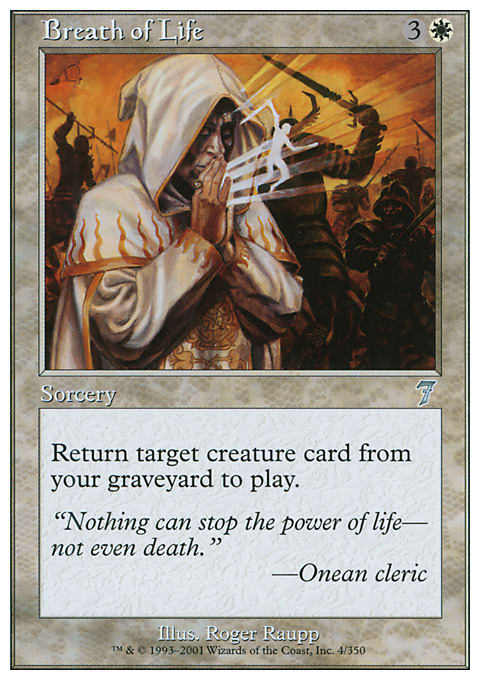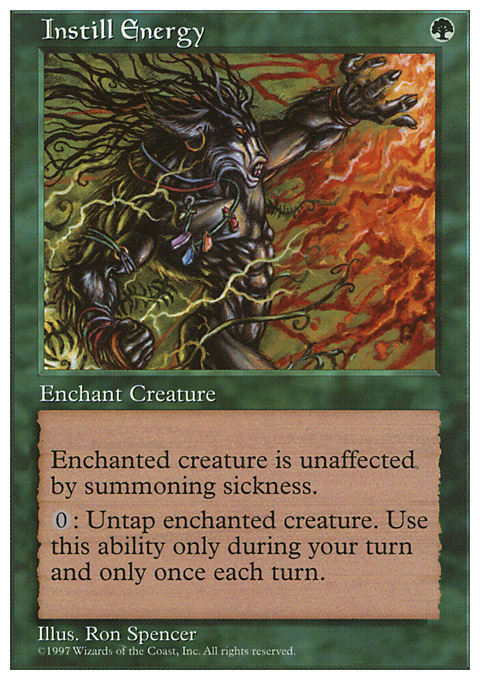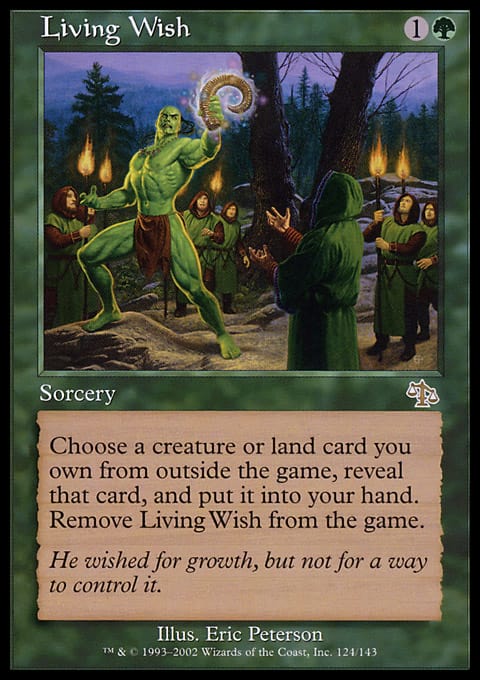The ultrasound technician hovered over me with her gel squirt bottle and said, “Don’t worry, it’s heated.” Like that somehow makes it more comfortable. She slid my hospital gown up over my slightly protruding belly and slathered on the clear, warm gel. My face cringed in a natural revulsion to gooey substances being present on my body. This natural aversion could be turned into a significant advantage for Ooze creatures when fighting humans—a creepiness advantage. Imagine sticking your sword deep into the belly of an Ooze. Would it be cold and oozy? Would it be worse if were hot and oozy? Would the slime have properties that caused allergic reactions on your skin? Could the Ooze start contracting and sucking you inside to try and trap you like a fossilized bug? The rapid session beats of my growing baby’s heart began to sound from the machine, snapping me back to reality. I watched the black-and-white monitor intently for signs of little fingers and toes. As the viewing tool skimmed along my belly, she finally paused and smiled, “We have a baby girl!” Every happy hormone my body could produce shot forth at once, and for almost twenty-six seconds, I was happier then I had ever been in my life. Hello, little girl, I’m going to love you more than you can possibly imagine. Then, I heard a gasp followed by the muttered words, “Oh no,” in hysterical fashion and was left completely alone as the tech dropped her tool and walked quickly out of the room. What in the hell?
I lay in those awkward stirrups, on that uncomfortable table for an actual eternity . . .
She is missing body parts. Her intestines are on the outside. The umbilical cord is wrapped around her neck. Her heart has stopped. The tech somehow confirmed through an ultrasound my child would be the antichrist.
. . . The door creaked open just in time for them to see tears start streaming down my worried face. The tech fetched my doctor, and neither of them was looking at me. He walked directly to the ultrasound machine and reached for the viewing tool with an expression of seriousness only judges and doctors can effect. His hand took direct lines with the tool across my belly as he began the ardent task of completely ignoring my questions while solely focusing on the screen before him. Doctors and judges—just the worst. After several minutes, and with great deliberation, he set the tool down. “Your daughter is fine, but there is a small pocket of fluid on the back of her neck. This pocket of fluid usually indicates a genetic disorder has occurred.” His serious face became even more serious, if that was possible, and he stared at directly at me. Nothing. I got nothing. Brain, power up—speak. “There is no history of genetic disorders in my family.” A sad sigh escaped his lip as he began to regale me with facts and statistics. He went on at length explaining not all genetic disorders are hereditary, nor can all their occurrences be explained by science. He gave me orders to march right next door to the office of a prenatal specialist so he could do an amniocentesis. After climbing on yet another uncomfortable table, and having a rather large needle inserted in my belly, the specialist advised me he should be able to tell me within three to four days what type of genetic disorder my daughter had and where we go from there.
Tay-Sachs disease. It’s Tay–Sachs disease. Could be Turner syndrome, which would be preferable to Tay–Sachs, assuming she survived long enough to be born. Could be trisomy 21, but neither of us carries the markers, and being only twenty-three makes me much to young statically for the random version.
The energy produced from my body’s shaking was shaking the examination table.
Genetics. Focus on breathing for you both. Just breathe. I need my sister.
This was my first experience with the waiting game—not my first experience waiting. I have waited in lines at conventions, in traffic, for movies, for friends to show up, for lovers to one day return. This day, I understood why waiting could be called game. I have played games my entire life—waiting was not a game; it was an annoyance . . . until you are really waiting. Then, you begin to understand the rules of the game. It is a game you are playing with time . . . for your sanity—a fight not to be broken. Being a medic, I naturally have treated many patients with genetic disabilities; I knew the spectrum. My daughter could be the most painful kind of deformed. She could be miserable every day of the two or three short years she is able to fight before her condition claims her or she could have nothing more serious than odd gait while running. Genetic disorder could mean anything. I could have gone crazy with the “What if?”s. I could have become depressed and broken. I wanted to. I thought about it, and it was too much to think about. There is a moment you understand you have a dream, a vision in your mind of this little girl, of how she will be. It’s unrealistic, it’s unattainable, and dreaming about what the baby you are growing will be like is uncontrollable. A certain sadness began to creep in and take hold. I started to collapse under the weight of the unknown—under the weight of waiting. I didn’t though. It didn’t happen because I had magical friends—friends who held me up—a community that wouldn’t let me fall and a game specifically designed to combat the waiting.
For three days, my friends kept me company. They gathered. It is hard to know what serious things one is supposed to do when waiting for serious news. I had no idea what to say or think, which made it impossible for my friends to know what to say or do to comfort me. At some point, we decided we didn’t understand the rules of the waiting game, so we would play a Magic game instead. We played decks built with Angels, Demons, and Dragons. We played all day. We played all night. We called into work, and my little apartment became a cocoon. I would become transfixed in the roll of the dice or feel of the cards. I would try to focus on facts, on rules, on turns. Every now and again, I would pause, “What if my daughter can’t ever play a game of Magic with me? What if my daughter can’t ever even understand who I am or that I love her? What if she is in pain or can’t even breathe on her own?” Everyone would feel the weight of the moment. My girlfriends would wrap themselves around me, hoping their bodies could shield me from succumbing to the negative thoughts, and then, inevitably, one of my guy friends would say something akin to, “Don’t be an ass; of course she will know who you are, even if she can’t ever vocalize it.” There would be an awkward, sad laugh, and we would all return to our games. I would find comfort in our gathering and distraction in the play. We would make it through one minute of waiting, and then two, and all of a sudden, another day had passed—and another. How do you say “thank you” to people who show up, sit down, and wait for the darkness to come with you?
The phone finally rang on day three. It was the early morning. I was rolling up play mats and picking up soda cans left over from a long night of waiting. It was one of the first moments I had been alone since my ultrasound. I was actually glad of that. The specialist said, “The test results confirmed your daughter has a genetic disorder called trisomy 21 or Down syndrome. When would you like me to schedule the termination?” Termination? Wait. What? I didn’t know at the time, but apparently, something like 99% of parents who find out their still-young fetus has a genetic disorder chose termination. It is a choice no parent wants to face. It is a choice I can understand. I, however, made a different one. I was actually relieved. In treating children and adults with Down syndrome, I knew they were perfectly capable of leading happy, normal, and loving lives. I understood the challenges. I explained to my doctor there would be no mulligan. Nobody was better at playing with imperfect cards then I. I was keeping her. Keeping her didn’t make me a hero; it was for purely selfish reasons, really—I was just already in love. I had spent all these months adoring her and couldn’t stop now.
Games can seem trivial in the grand scheme of things—distractions and time sinks, they say. It is hard for some of my friends and family to understand why I invest so much money and time in a game. When you own one piece of cardboard worth $700, it’s hard for parents to understand why you just don’t sell it if you are struggling instead of asking them for help. It’s just a random Magic card after all. It’s just a game. They don’t get it. They can’t understand you opened it when you were fourteen years old and it kept it safe and loved all this time. It won you battles and helped you make friends. I try to explain this card means to me what my baby blanket, first tooth, or sister’s letterman jacket means to them. I struggle to find words to explain how much it meant to me. The twenty-three-year old me, sitting on the floor, surrounded by friends who understand the me who is a gamer—who understand when I drew Living Wish why I burst into tears, why it brought me hope, and what being a community really means. Some people just can’t understand Magic. But me? I can’t understand where I would be without it.

























